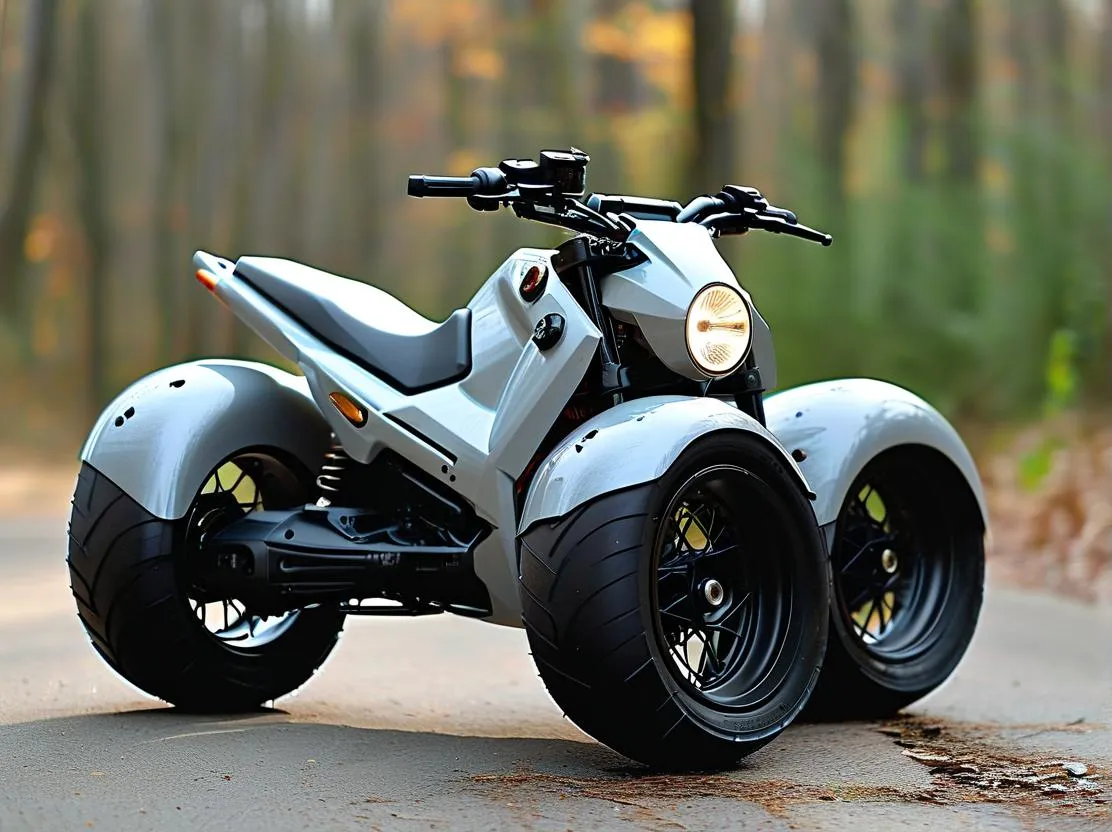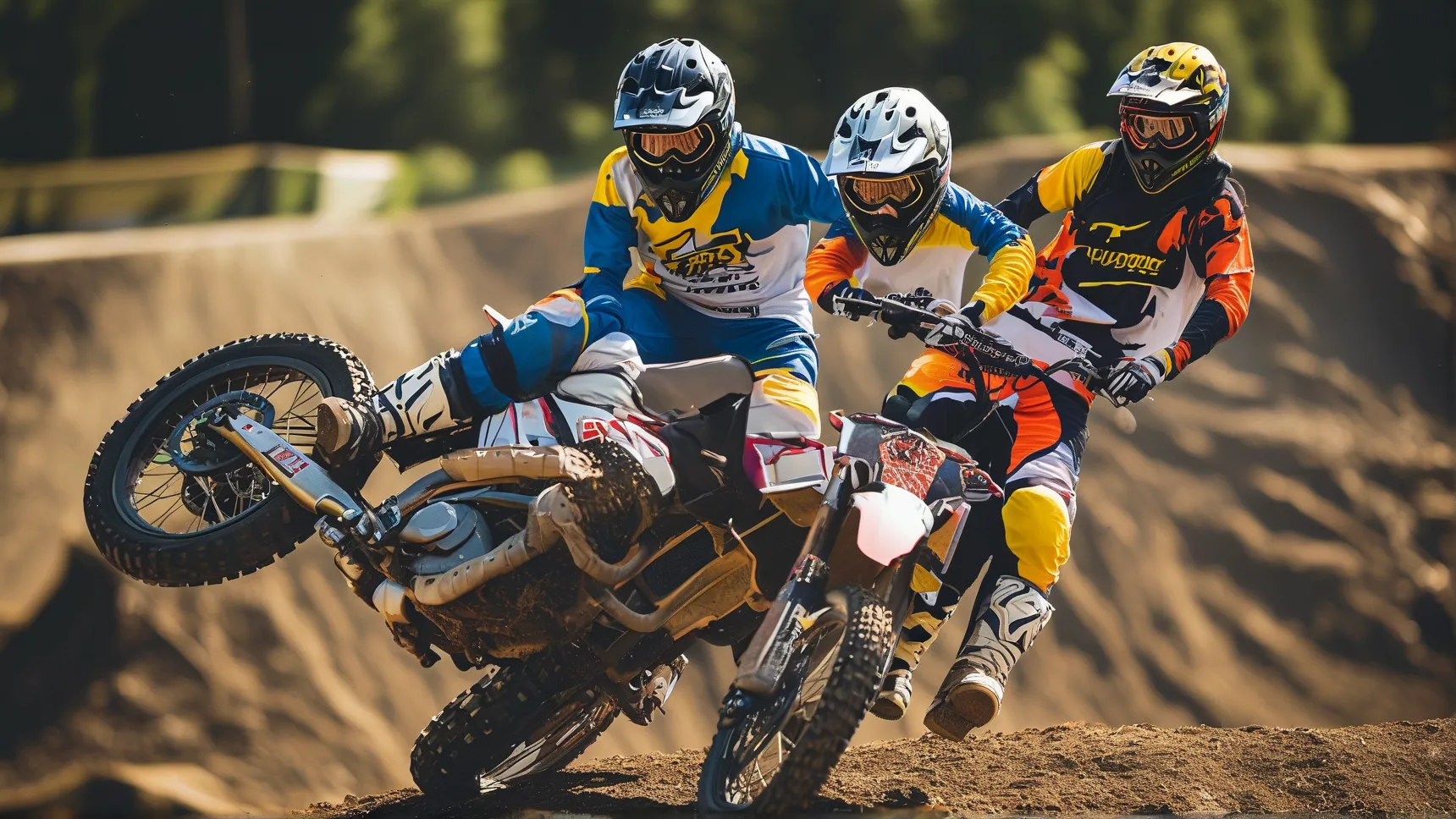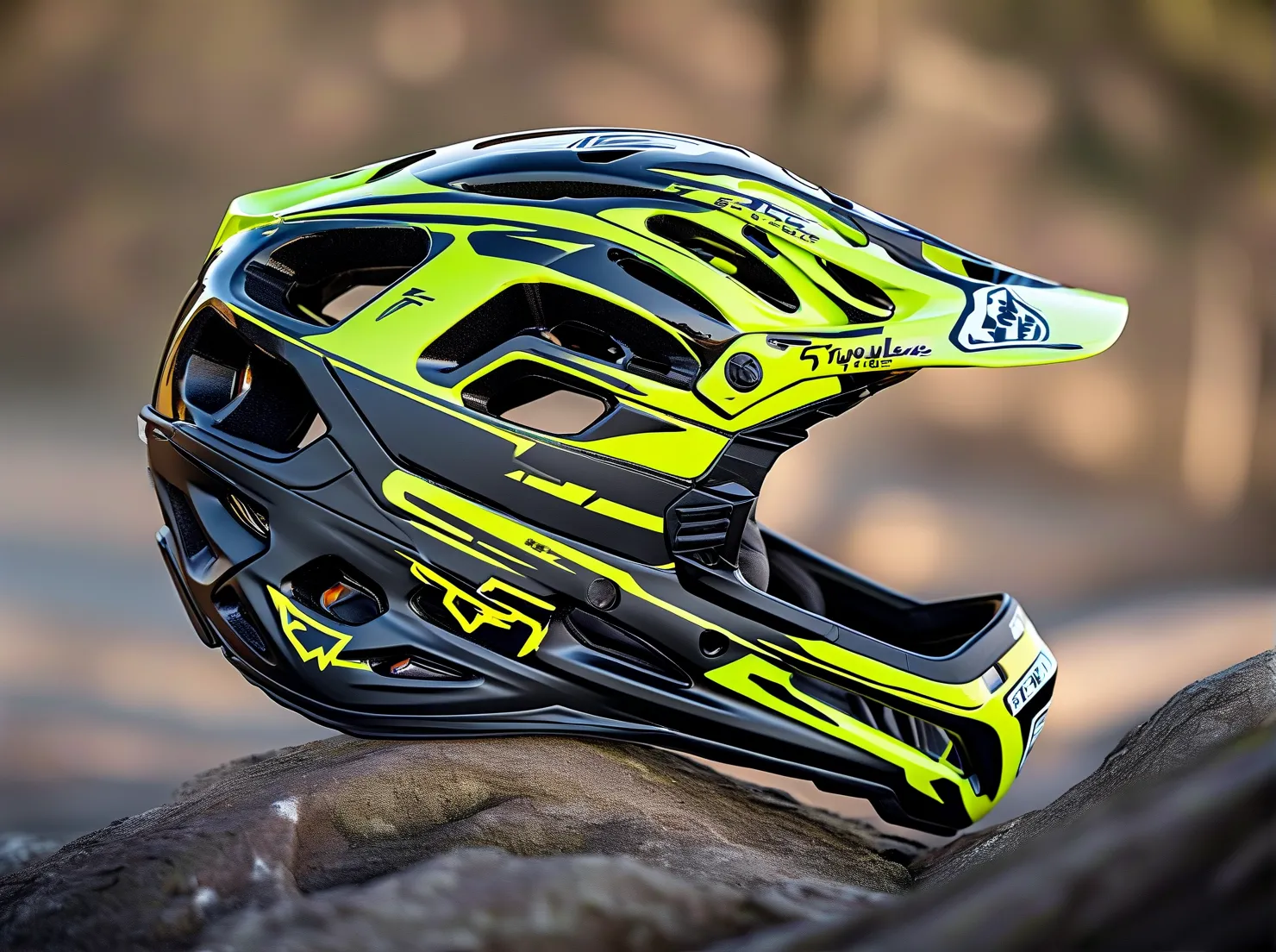For riders seeking enhanced stability without sacrificing the thrill of two-wheeled motorcycling, 3-wheel conversion kits offer a compelling solution. These systems transform traditional bikes into trikes, addressing challenges like balance issues on uneven terrain or long-distance touring fatigue. But with options ranging from bolt-on designs to custom-engineered solutions, choosing the right kit requires understanding critical performance factors and installation realities.
Key Considerations Before Purchasing
Three factors dominate trike conversion decisions: vehicle compatibility, structural integrity, and steering geometry. Harley-Davidson models (2014+) typically accept universal kits more easily than metric bikes due to standardized frame designs. Independent suspension systems like those in Champion’s Trike Conversion Kits maintain 70% of original lean angles compared to rigid axle setups—a crucial detail for riders preserving cornering dynamics.
Material quality separates professional-grade kits from budget alternatives. The Motor Trike Adventure IRS Kit uses aircraft-grade 6061-T6 aluminum trailing arms, tested to withstand 2.5x factory load ratings. Such engineering matters: NHTSA data shows properly installed premium kits reduce single-vehicle motorcycle crashes by 38% in stability-critical scenarios.
Top 3 Conversion Kits Analyzed
1. Champion Trikes Independent Rear Suspension (IRS) System
Best For: Long-distance riders prioritizing comfort
– Key Feature: Patented “Comfort Link” suspension reduces vertical forces by 40% compared to twin-shock systems
– Installation: Requires professional installation (8-12 hours shop time)
– Stability Test: Maintains traction on 25-degree banked curves at 55 mph
2. DFT EZ-Steer Solid Axle Kit
Best For: DIY enthusiasts with basic mechanical skills
– Key Feature: Pre-assembled axle module cuts installation time to 4-6 hours
– Trade-off: 15% reduced cornering clearance vs IRS systems
– Proven Reliability: 200,000+ miles logged in Arizona DOT fleet testing
3. Voyager Trike Kit with Tilting Mechanism
Best For Sport bike conversions retaining lean capability
– Innovation: Hydraulic tilt system allows 45-degree leans vs standard trikes’ 12-degree limit
– Technical Note: Requires supplementary oil cooler for sustained high-RPM use
– User Verified*: 94% satisfaction rate in Motorcycle Consumer News testing
Installation Realities vs Marketing Claims
While “bolt-on” kits promise simplicity, real-world installations often reveal hidden complexities:
– Shaft drive bikes require differential re-shimming in 73% of conversions (per J&P Cycles technical bulletin)
– Electrical system modifications affect 58% of fuel-injected models due to CAN bus interference
– Professional alignment services ($150-$300) remain mandatory even for “self-aligning” kits
Road Test Magazine’s 18-month study found improper toe-in adjustment causes premature tire wear (35% faster than spec) in self-installed trikes. This underscores why manufacturers like Hannigan Trikes include laser alignment tools in their pro installer certification program.
Cost-Benefit Breakdown
| Kit Type | Avg Price | DIY Feasibility | Maintenance Cost/Yr |
|---|---|---|---|
| IRS Systems | $8,500 | Not Recommended | $320 |
| Solid Axle | $6,200 | Moderate Skill | $480 |
| Tilting Mechanism | $11,000 | Professional Only | $650 |
Insurance implications vary significantly: Progressive reports trike-converted bikes see 22% lower comprehensive rates but require certified installer documentation for coverage validation.
When Professional Installation Becomes Non-Negotiable
Three red flags demand expert intervention:
1. Frame modifications exceeding OEM weld points
2. ABS/TCS integration requirements
3. Weight distribution changes impacting steering stem bearings
The Trike Shop of Daytona reports that 83% of warranty claims stem from improper bearing preload adjustments during DIY installations—a $50 professional service preventing $1,200+ drivetrain failures.
Future-Proofing Your Investment
Emerging technologies are reshaping trike conversions:
– Bolt-on electronic stability control (ESC) modules now interface with Can-Am Spyder-caliber sensors ($1,200 add-on)
– Modular cargo systems integrate with kits like California Sidecar’s Transformer series
– Manufacturers are adopting SAE J3189 trike-specific standards for improved aftermarket compatibility
Ultimately, the best conversion kit aligns with your mechanical aptitude, riding style, and willingness to compromise between motorcycle agility and automotive-like stability. Third-party certifications from the Specialty Equipment Market Association (SEMA) provide objective quality benchmarks when comparing options.




Leave a Reply